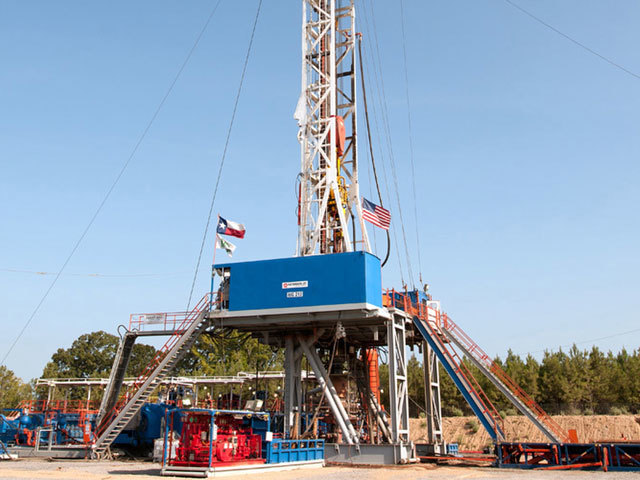
The growth of unconventional gas is spreading across the world with major implications over many years for markets and prices according to a new study.
The World Energy Council report, Unconventional Gas, A Global Phenomenon, says that despite an uncertain price environment, the magnitude and speed of change is not only influencing the United States market, but also other markets including countries such as China, Argentina and Algeria which have similar potential as the US in shale gas production.
Countries such as Mexico, Saudi Arabia, South Africa, Poland and Turkey are mentioned in the study as having significant potential for shale gas development.
Christoph Frei, secretary general of World Energy Council, said: “Unconventional gas is causing a shift in the dynamics of the natural gas market which will be felt for many decades to come.
“Its spread around the world is being accelerated because it can make gas more affordable to consumers and reduce concerns about the security of supply.
“So far, the surprising resilience of the US shale gas market has led the way in the shale gas boom, and whilst other countries may not have the unique characteristics of the US, they will learn how to become LNG producers or exporters which will change the global dynamics of energy.”
Current price uncertainties are resulting in operators shifting their capital to more flexible, shorter-cycle investments rather than in deep well projects which is exemplified by the United States.
New operators across the world are realising the global opportunities and bringing new supplies to the markets such as China, Australia and Argentina which will have an effect on markets before 2020.
Excess supplies in some countries have led to price normalisation and other structural shifts that are making the market more global and transparent across the three main regional hubs of Asia, Europe and North America.
Lower oil prices and weakened Asian demand has resulted in the virtual disappearance of the price spread between the Japanese LNG and UK markets in 2016. Additionally, U.S. prices remain depressed due to the continued build-up of domestic supplies.
The study says that there are also society and environmental concerns which national oil companies are best placed to address and take advantage of opportunities
Frei said: “Already, the rapid growth in unconventional gas has significantly disrupted global trade flows.
“With concerns about affordability and security driving exploration into unconventional resources outside of North America, unconventional gas will continue to be a key factor in how the world energy market develops.
“In particular, continued growth in the U.S. and Australia will significantly influence the balance of supply and demand with Argentina, China and Saudi Arabia emerging as unconventional gas producers out to 2020-2025.”
Melissa Stark, managing director, Energy industry group, Accenture, and co-author of the report, added: “US LNG exports are very different from any supply we have seen before because this supply can come on-stream very quickly in response to market demand and prices. This LNG supply is driving fundamental changes and commercial innovation in the global LNG market.”
The rapid growth of unconventional gas is demonstrated by the US market. – in December 2015 49% of its gas supplies came from unconventional gas and by 2019 it is predicted that US LNG supplies will account for one fifth of global capacity and that the U.S. will be the third largest LNG exporter.
Recommended for you
